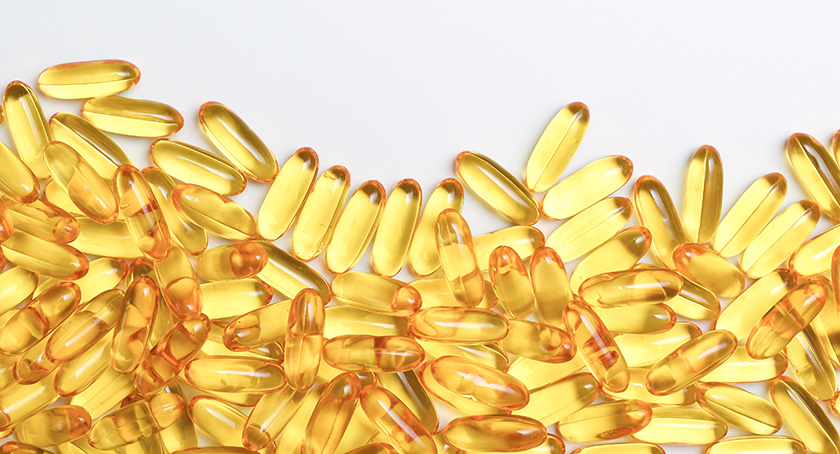Market Updates, Research
Study Finds Specific Form of Leucine to Have Superior Benefits
Dileucine drove muscle growth parameters 42% more effectively than leucine did, University of Illinois Urbana-Champaign researchers found.

By: Sean Moloughney
Editor

Dileucine, a two-molecule equivalent to the well-known amino acid leucine, was shown to have a substantially greater impact on enhancing metabolic processes which drive muscle growth compared to the single-molecule free leucine. According to the results of a human clinical trial, appearing in the Journal of Applied Physiology, the two-molecule equivalent, which is most prevalent in animal proteins, was able to confer a 42% greater impact on muscle growth.
Leucine, one of the most popular amino acids appearing in sports nutrition supplements, is a central building block of protein, while also acting as a signaling molecule that triggers muscle protein synthesis, and previous studies have shown that dipeptides, such as dileucine, are absorbed more rapidly than single-molecule counterparts.
“Few studies have examined whether dileucine in the diet makes it into the blood as a dipeptide or is first broken down into two leucine molecules,” Nicholas Burd, lead author of the study, said. “And no studies have examined its effects on acute muscle-building and breakdown.”
In the present double-blind study, ten healthy young male participants with an average age of 23 years partook in a 12-hour fast and were infused with stable isotopes, which serve as chemical probes that can track the process of muscle protein synthesis and breakdown. After the participants were administered a dose of either 2 grams of leucine or 2 grams of dileucine, sequential biopsies of muscle tissue were taken from the upper legs of the participants in order to track responses to branched-chain amino acids.
“We found that leucine got into the blood more quickly when participants consumed dileucine than if they had just free leucine,” Burd said. “That means that some of the dileucine is getting hydrolyzed, or cut up, before it gets into the bloodstream. But we also saw that dileucine was getting into the bloodstream intact.”
To determine potential differences in the impact that the two forms of leucine would have on muscle growth factors, “We looked at pathways that signal the muscle-building process, including protein breakdown as part of the remodeling process,” Burd said. “But on the protein synthesis side, we saw that dileucine turns up the muscle-building process more than leucine does.”
There was a direct 42% increase of the synthesis of new muscle proteins compared to those who only ingested leucine, the authors of the study concluded.
“To put that in perspective, exercise alone can cause a 100-150% increase in the muscle-building response,” Burd said. “We don’t yet know the mechanism by which dileucine works. This is just a first attempt to understand how these types of peptides are playing a role in human physiology.”




















